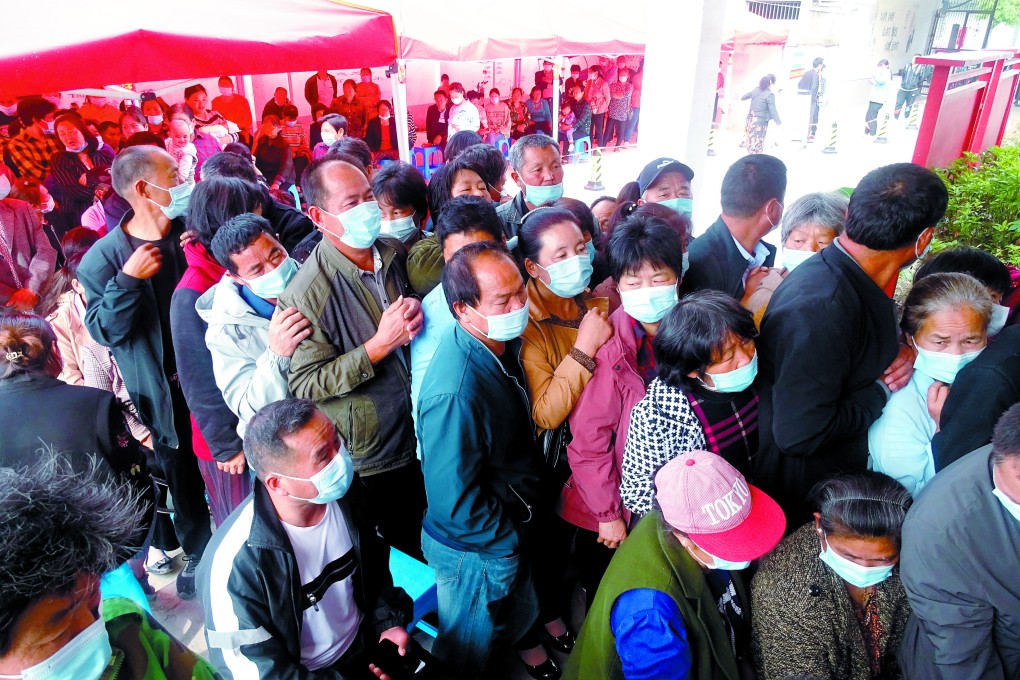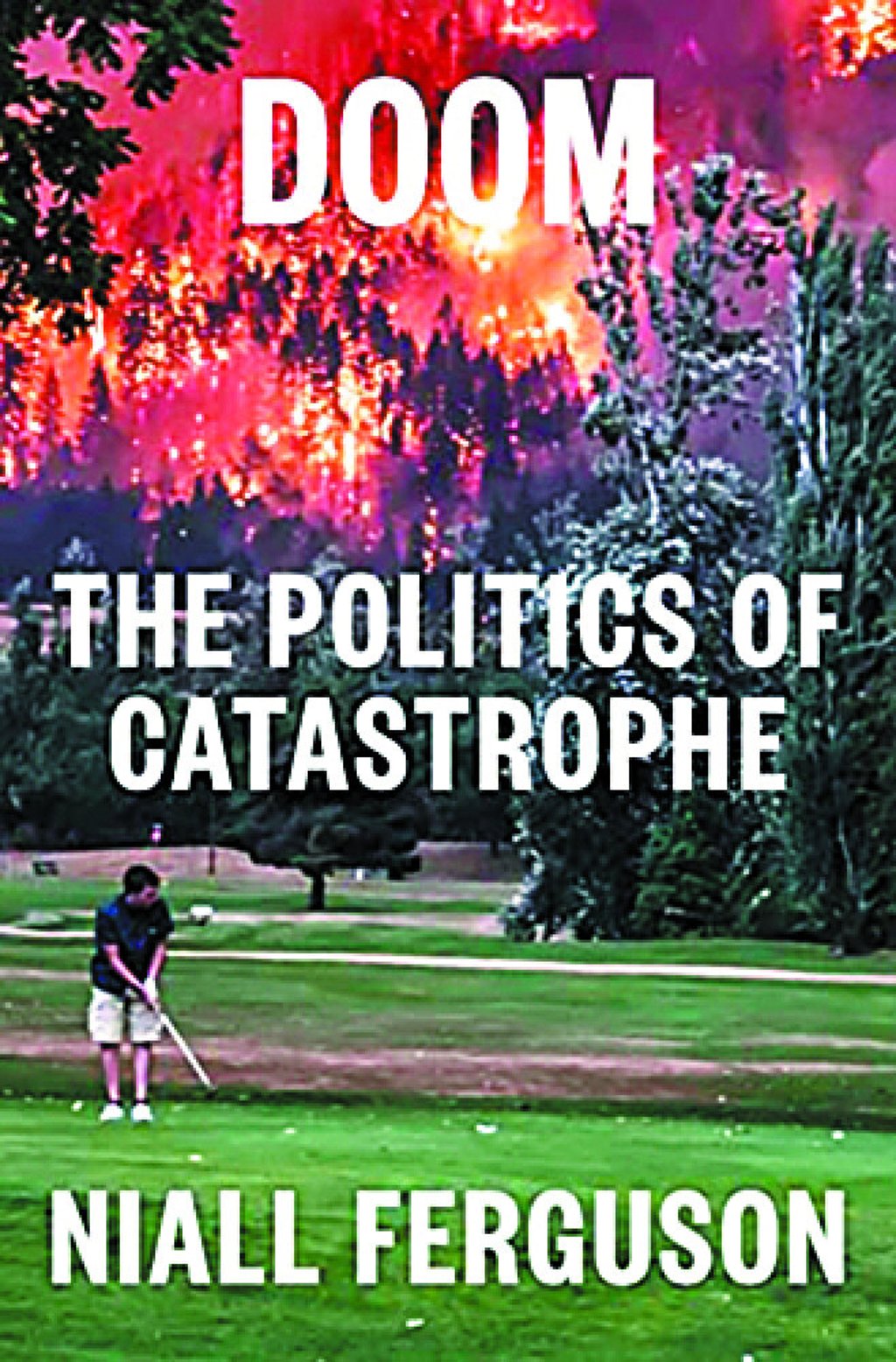Review | Doom: The Politics of Catastrophe – Niall Ferguson explores Covid-19 and other disasters of the past, as well as those yet to come
- Ferguson’s latest book is devoted to putting Covid-19 in context, with comparisons with other plagues and catastrophes such as economic collapses and famines
- Overall it is an informative, amusing and thought-provoking read that is full of steadying good sense for these troubled times

Doom: The Politics of Catastrophe by Niall Ferguson. Penguin
Economic historian Niall Ferguson opens his new survey of human responses to disasters with a mea culpa.
Back in early 2020, as cases of Covid-19 emerged worldwide, Ferguson was publicly condemning complacency in the face of potential disaster. Yet he continued to fly frequently around three continents and often found it too tiresome to wear a mask.
He waits until Chapter 9 to provide the beginnings of a history of the disease and the world’s assorted responses.
This is already dated, but we now live so much in the present tense – When can I get vaccinated? When can I see friends and family again? – that already the last quarter of 2019 seems like ancient history, and Ferguson’s summary timely and refreshing.

But much of Doom is devoted to putting Covid-19 in context – to comparisons with other plagues, with other catastrophes such as economic collapses and famines, and with other responses at other times.